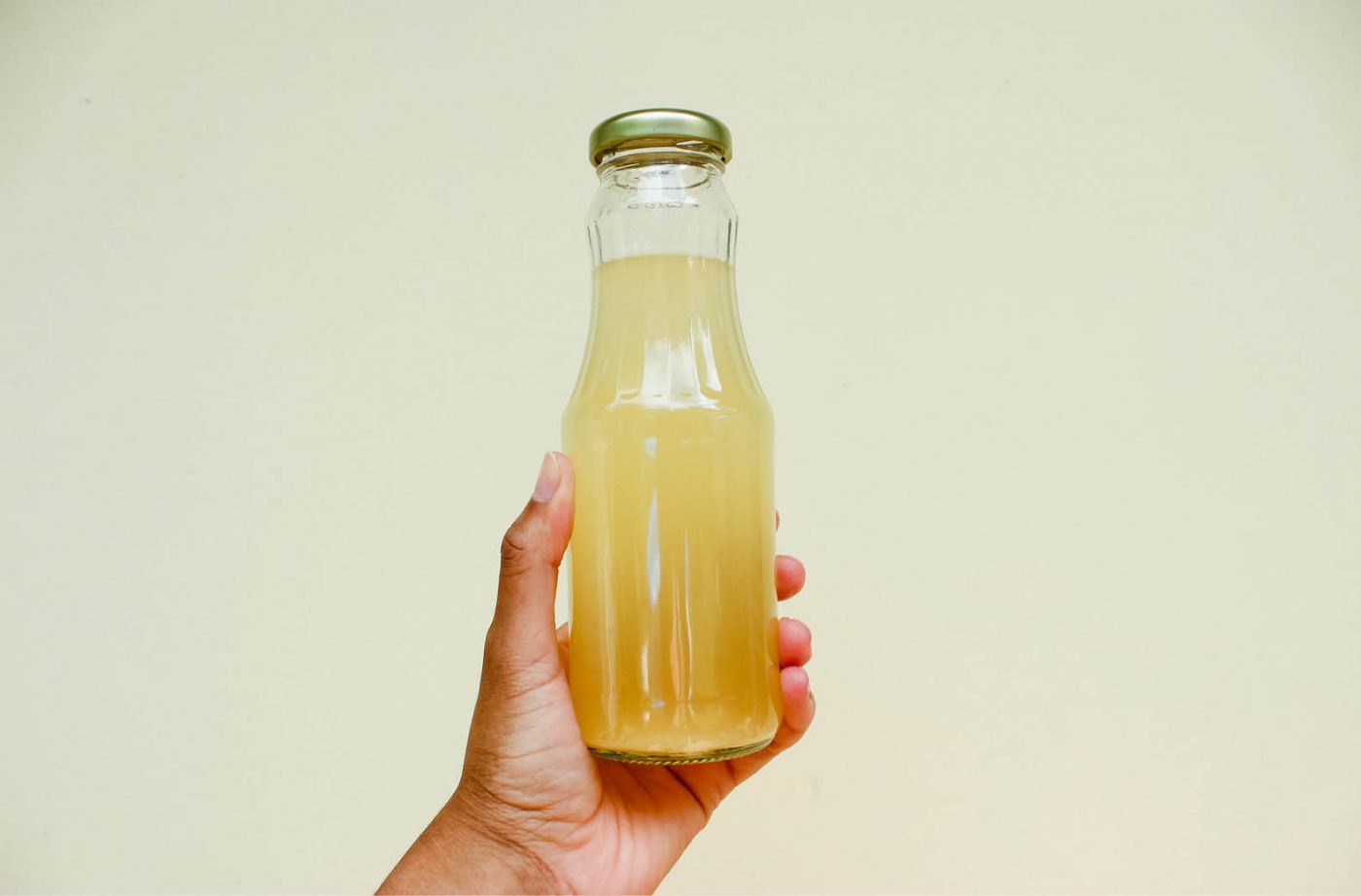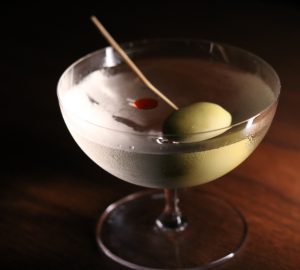
Verjus
Verjus (or verjuice) is the juice of unripe grapes, and contrary to its meaning in French – “green juice”– it can be made from any type. Its sour, tart notes make it a good alternative to citrus fruits while also coming with an extra perk: “a distinctive taste rather than just acidity,” says Vincenzo Pagliara, co-founder of Arch by Taste Buds in Shanghai.
It’s a versatile ingredient that acts as “a compromise between vinegar and citrus,” he explains. “It’s easily made in house, not aggressive and can be easily personalised.” It’s delicious on its own, too – at Arch, you’ll find the house-made verjus on the menu as a soft drink.
When using it as an alternative to citrus, Vincenzo specifies that the first difference is quantity – verjus is less acidic and you might need to use more to achieve the same acidity. Also, the level of acidity varies depending on the type of grape used. “For consistency in terms of acidity and taste, you always need to count on a good palate to adjust it with a bit of citric acid,” he explains.
One drawback is that the seasonality of grapes means homemade verjus can be more expensive to make during their off-season. Make a big batches during peak season and freeze for later use, as Arch does.
Verjus
by Vincenzo Pagliara
2kg unripe green grapes
Citric acid solution
Process grapes through a juicer, then pour juice into a container and cover with cheesecloth. Allow to ferment for 12 hours, then filter juice through cheesecloth, repeating until the juice is clear. Adjust to desired acidity using citric acid solution. To preserve, vacuum seal and keep in the fridge for up to four days or in the freezer for up to two weeks.








